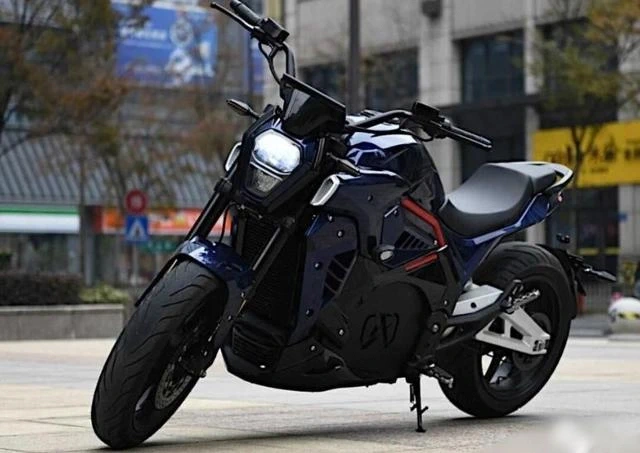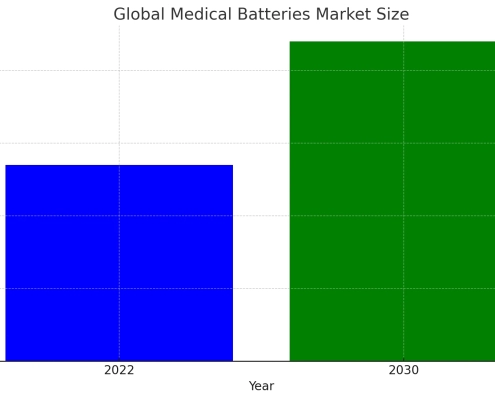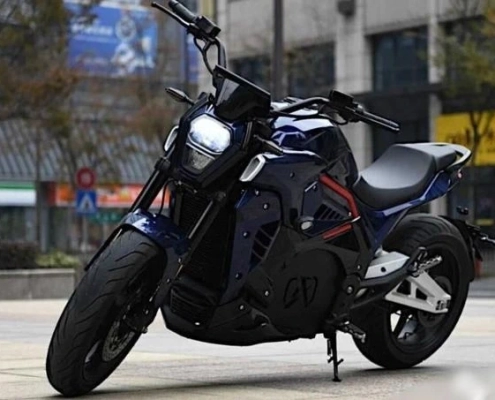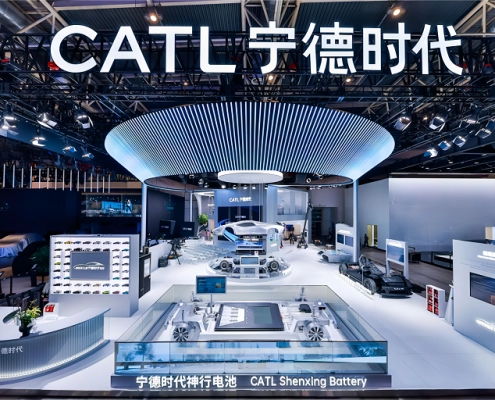Future of Gas Motorcycles Amid New Policies
Table of Contents
Motorcycles are a vital mode of transportation for millions of people worldwide. As technology advances and environmental concerns rise, the motorcycle industry faces a critical question: will electric motorcycles eventually replace gas motorcycles? With over 50 million units in global demand annually, this debate impacts consumers and manufacturers alike. Governments are pushing for greener alternatives, and innovations in electric vehicles are rapidly evolving. This chapter will explore the key technical differences between gas motorcycles and electric motorcycles, focusing on range, power, lifespan, and ease of use. Understanding these aspects is essential to gauge the future of motorcycle transportation.

Will Electric Motorcycles Replace Gas Motorcycles?
Motorcycles are a common mode of daily transportation in many countries worldwide, with annual global demand exceeding 50 million units. As environmental concerns grow and the automotive industry advances in new energy technology, the question of whether gas motorcycles will be phased out has become a hot topic among consumers and industry experts.
Policies Favoring Electric Motorcycles
From a policy perspective, many countries have implemented regulations to limit or phase out gas motorcycles. For instance, the European Union introduced CO2 emission limits for vehicles in 2020, encouraging manufacturers to produce more eco-friendly models. The UK has announced a ban on the sale of traditional gas motorcycles by 2030, rapidly increasing the market share of electric vehicles. China also implemented new carbon emission standards for vehicles starting January 1, 2021, further tightening restrictions on gas motorcycles. These policies will undoubtedly affect the demand and sales of gas motorcycles, but it does not mean they will disappear from the market entirely.
Market Demand for Both Types of Motorcycles
Despite the rise of electric motorcycles in recent years, some consumers still prefer gas motorcycles. These consumers may enjoy long-distance travel, high-speed driving, or have a need for motorcycles with longer range and lower prices. In less developed and poorer regions, gas motorcycles remain a crucial means of transportation due to their affordability and reliability. Therefore, while the demand for gas motorcycles may decline, they will not vanish from the market.
Gas Motorcycle vs. Electric Motorcycle: A Technical Comparison
Range:
When it comes to range, gas motorcycles outperform electric ones. A typical electric motorcycle can usually travel up to 100 kilometers on a single charge. In contrast, a gas motorcycle can easily cover 200 kilometers or more. So, if you need longer range, a gas motorcycle is a better choice.
Power:
In terms of power, gas motorcycles have a significant advantage. They can reach up to 326 horsepower, whereas electric motorcycles usually don’t exceed 40 horsepower. This difference is due to the larger engines and higher displacement in gas motorcycles, giving them superior speed and acceleration.
Lifespan:
Gas motorcycles also tend to have a longer lifespan. Most electric motorcycles last about five years, but gas motorcycles can easily exceed this, often lasting much longer. So, if you are looking for a vehicle with a longer lifespan, a gas motorcycle is more advantageous.
Ease of Use:
On the other hand, electric motorcycles are generally easier to operate. They are simple to start and handle, making them more user-friendly. Gas motorcycles, however, are usually more complex to operate and require higher skill levels from the rider. Therefore, in terms of ease of use, electric motorcycles have the upper hand.
Both gas motorcycles and electric motorcycles are constantly evolving. Manufacturers are developing more eco-friendly, energy-efficient, and smarter products. Some gas motorcycle manufacturers have created new low-emission, high-efficiency engines and are exploring electric and hybrid technologies to reduce emissions and fuel consumption. Meanwhile, electric motorcycle manufacturers are working to improve battery performance, optimize charging infrastructure, and extend range.
In conclusion, while gas motorcycles are impacted by environmental policies and new energy developments, they will not disappear from the market. Gas motorcycles and electric motorcycles will continue to leverage their unique advantages and coexist competitively. However, for gas motorcycle manufacturers, developing more eco-friendly and efficient products is essential to keep up with industry trends and ensure sustainable growth.
Conclusion
Both gas motorcycles and electric motorcycles are constantly evolving, with manufacturers striving to make their products more eco-friendly, energy-efficient, and smarter. Gas motorcycle manufacturers are developing new low-emission engines and exploring hybrid technologies to reduce emissions and fuel consumption. Meanwhile, electric motorcycle manufacturers are improving battery performance and extending range.
While environmental policies and new energy developments impact gas motorcycles, they will not disappear from the market. Both types will continue to leverage their unique advantages and coexist competitively. For gas motorcycle manufacturers, creating more eco-friendly and efficient products is essential to keep up with industry trends and ensure sustainable growth.





